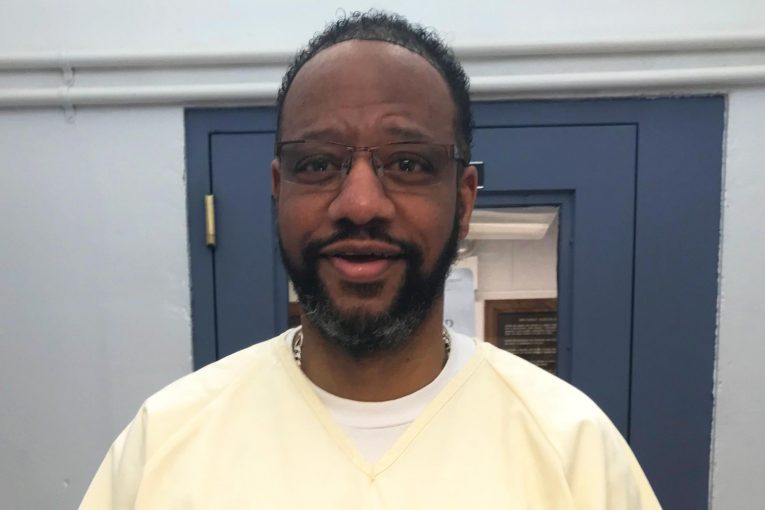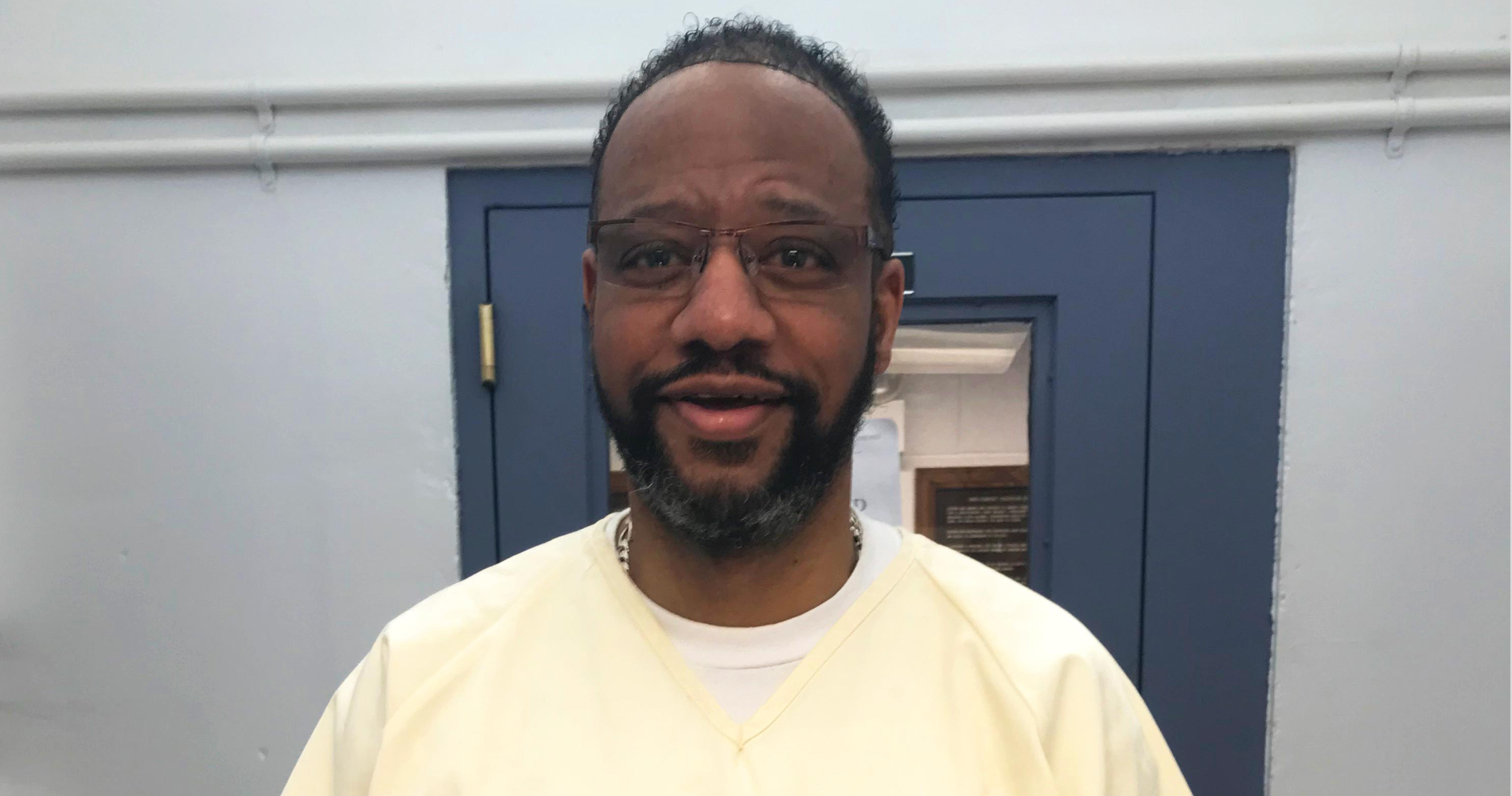

By Alana Bleimann
TENNESSEE – This morning, September 16, 2020, Tennessee death row inmate Pervis Payne was told he has a second chance at life. Currently spending his 33rd year on death row in Riverbend Maximum Security institution, Payne continues to fight for his innocence in a 1987 murder.
Denying Payne the right to DNA testing was something that Shelby County District Attorney Amy Weirich pushed for throughout the case.
“I do find that DNA testing is warranted in this case and I grant the petition,” Judge Paula Skahan declared.
In her written order granting testing, Judge Skahan notes, “Although several appellate opinions have emphasized the strength of the evidence upon which the Petitioner’s conviction was based, if DNA testing in this case produces results favorable to the Petitioner—and in resolving a post-conviction DNA petition, the reviewing Court must presume testing results would be exculpatory—the strength of the convicting evidence would be compromised.”
The judge further notes, “DNA testing now available by statute gives Mr. Payne the ability to identify potential alternate suspects through a match to a known profile in CODIS; this option was not  available to Mr. Payne in 2006-07.”
available to Mr. Payne in 2006-07.”
The court concluded that “exculpatory DNA results in this case, had they been presented to the jury, would have created a reasonable probability Mr. Payne would not have been convicted of first degree murder.”
Payne will now have more time to gather evidence against his execution, which is scheduled for Dec. 3. The DNA now being gathered from the crime scene will play a major role in proving Payne’s innocence.
Pervis Payne is a Black man living with an intellectual disability on Tennessee’s death row. Payne had no prior criminal history before being convicted of a capital crime and has maintained his innocence for more than 30 years.
When he was 20 years old, Payne was visiting his girlfriend when he heard noises across the hall and went to try to help. Because he was at the crime scene, police zeroed in on him and did not investigate other suspects, including another man. Payne saw fleeing the scene and the victim’s violent ex-husband, according to the Innocence Project’s petition on his behalf.
The crime scene evidence indicated that the crime could have been a crime of rage by someone close to the victim, but police focused exclusively on Payne, who found the victims’ bodies.
Nothing in Pervis Payne’s background or behavior suggests that he is capable of such a crime. There was no evidence that he used drugs and he had no criminal history as a juvenile or adult.
However, at trial, the prosecution relied on racial stereotypes and fears, arguing that Payne, a Black man, had taken drugs and was looking for sex, and attacked and killed Charisse Christopher, a white woman, her two-year-old daughter, and non-fatally stabbed her four-year-old son.
To make up for a lack of motive, the prosecution argued that Christopher had been sexually assaulted, a claim that was inconsistent with the crime scene, where she was discovered fully clothed. As Payne sat at the defense table, the prosecution reminded the jury of Ms. Christopher’s “white skin.”
Numerous pieces of evidence from the crime scene have never been tested for DNA, including a knife, a tampon, and bloodstained items.
DNA testing, which was unavailable at the time of his trial and has not been performed any time since, could provide scientific proof of the assailant’s identity and exonerate Payne.
Payne’s petition describes three cases similar to his, where bystanders were convicted after coming upon a murder scene and later had their convictions overturned as a result of DNA testing.
“DNA testing is an important piece of the puzzle in this case which has been racially-charged from the start,” Vanessa Potkin, a member of Payne’s legal team from The Innocence Project, indicated this morning.
For many months, Payne’s legal team, including his attorney Kelley Henry, along with The Innocence Project, have worked tirelessly to have access to this DNA testing.
Payne’s case is significant in that he has an intellectual disability, but was sentenced to death by the court.
A sentence that, arguably, is against the law.
In June 2002, the U.S. Supreme Court issued a landmark ruling that bans the execution of any individual with an intellectual disability because they “make poor witnesses on their own behalf.”
Falling into this safety net provided by the U.S. Supreme Court, Payne and his legal team knew the sentence was unjust and discriminatory.
The new DNA testing must be completed within the next 60 days. Until then, Payne’s December 3 execution will be in question.
Wow! Precognition!
Still I support the judge’s ruling, to see if the DNA evidence may exonerate, Mr Payne, or may tend to confirm his guilt.
In any event,
should, in my opinion, at least trigger a commutation to LWOP…